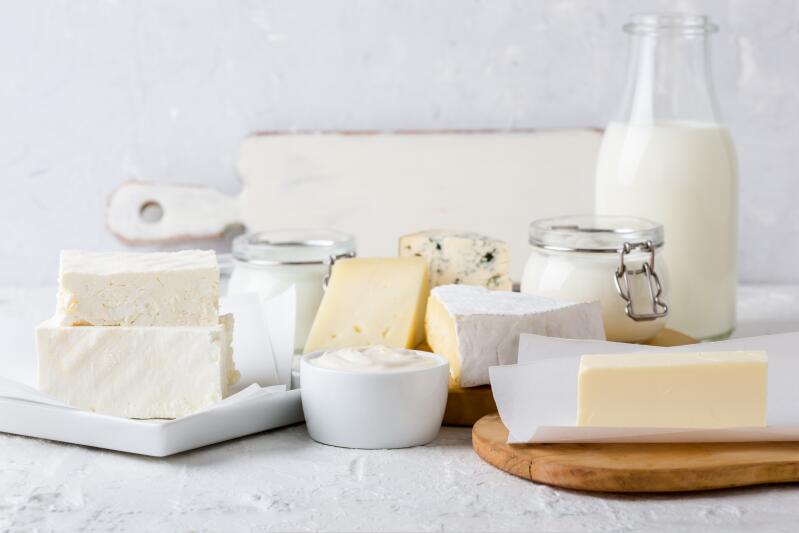-
Your concerns
Our articles to help you gain a better understanding
-
Our solutions
-
Ducray Dermatological laboratories
Our articles to help you gain a better understanding

Food is the basis of our health. Many diseases can be improved by adopting a healthy and balanced diet. In the case of acne, diet is often quoted as an aggravating factor. Patients often seek to adopt an anti-acne diet to combat spots.

Summary
For a long time, teenagers with acne were advised to avoid eating deli meats and chocolate to avoid aggravating lesions. This acne diet advice was based more on individual experience than on solid science.
Today, some studies seem to indicate the harmful role of dairy products and foods with a high glycemic index (white bread, refined cereals, sweetened drinks, etc.), but this link still needs to be confirmed by more in-depth studies before making real anti-acne dietary recommendations.
At the same time, some acne sufferers identify foods that are specific to them and that promote acne flare-ups. These may include chocolate, deli meats, dairy products, and sweet or gluten-rich products. There are many websites that explain how to get rid of acne by removing this or that food or by adopting this or that acne diet, but each case is different!
Generally speaking, the so-called “Western” diet is often at fault, as it is rich in sugars and fats, ultra-processed and ultimately pro-inflammatory.
Acne nutrition should not be based on a single anti-acne food. An anti-acne diet should be rich in fruits and vegetables, oily fish, whole grains, etc. It should also involve limiting sugary foods and drinks and processed foods. Teenagers’ diets are sometimes chaotic and must be carefully monitored, avoiding snacks and fast food.
An anti-acne diet should not exclude too many foods so as not to create deficiencies, especially in teenagers who are growing. An anti-acne diet should remain varied and balanced. In addition, keep in mind that diet is just one factor among others. Acne management must be comprehensive.
Oily or acne-prone skin

Oily or acne-prone skin
NEWSLETTER
Dermatological expertise
To better understand your skin and hair, discover our exclusive content and innovative care products designed to improve your quality of life..